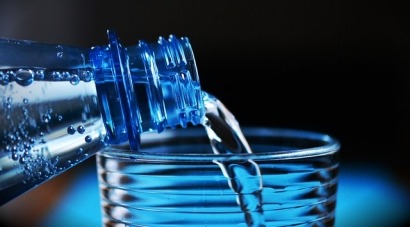
Plastics are composed of the main resin and many additives such as stabilizer, frame retardant, lubricant, nucleating agent, ultraviolet light absorbent and anti-oxidant. Among them, plasticizers are important additives since they can render flexibility to plastics and resins.
Plasticizers offer flexibility to thermoplastic resin such as PVC (poly vinyl chloride) so that they can be processed or molded easily at the mass production. Depending on which resin is applied, sometimes amount of plasticizer can be tens of percent in whole plastics.
After resins are combined with the appropriate plasticizer, they can be used in various types of applications such as food package, rubber glove, color ink for textile, electric cable jacket, automotive components, flooring, wall paper, housing and building.
There are several types of plasticizers and they are phthalic acid base, trimellitic Acid base, cis-4-cyclohexene-1,2-dicarboxylic acid base, adipic acid base, phosphoric acid base and polyester base etc. and they are all petroleum derived plasticizers. They do not have biodegradability and emit CO2 after disposal. Especially phthalic acid base plasticizers are said to be harmful to the environment and human health.
In this regard, Takuhiko Jinno and Dr. Ryohei Mori at Green Science Alliance have developed a natural biomass, plant-based plasticizer with lactic acid. There are some biomass-based plasticizers such as polyester base, citric acid base and soybean oil epoxy base but none with lactic acid-based plasticizers have been commercialized according to the researchers.
Lactic acid is made from plants so that this type of plasticizers can be regarded as contributing to reducing CO2 emission. It was confirmed that lactic acid-based plasticizer behaved as petroleum based commercial plasticizer for PVC with simple molding test. Biomass content of developed lactic acid plasticizer is about 55 – 60 % although Green Science Alliance will keep challenging to enhance biomass content.

